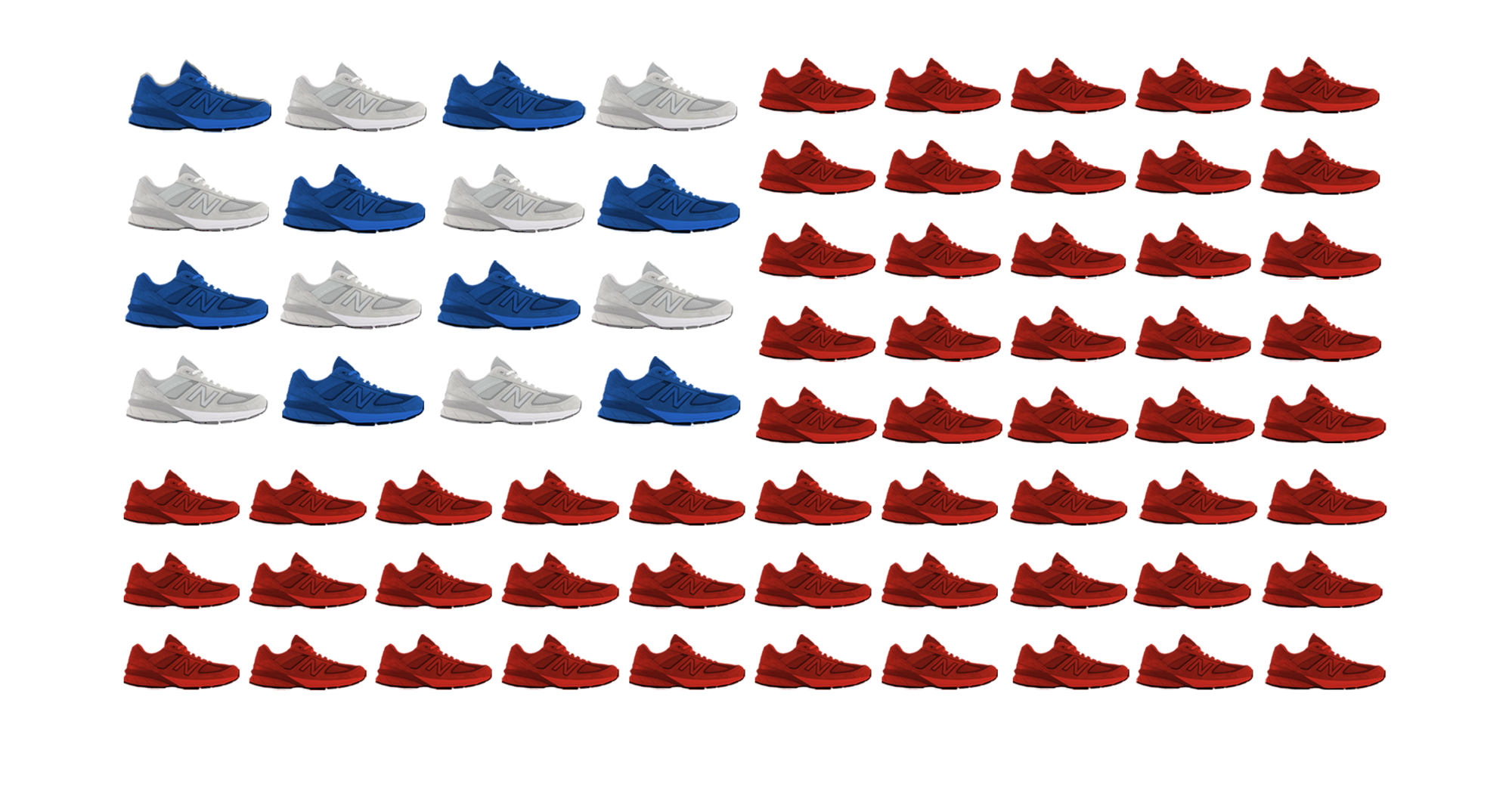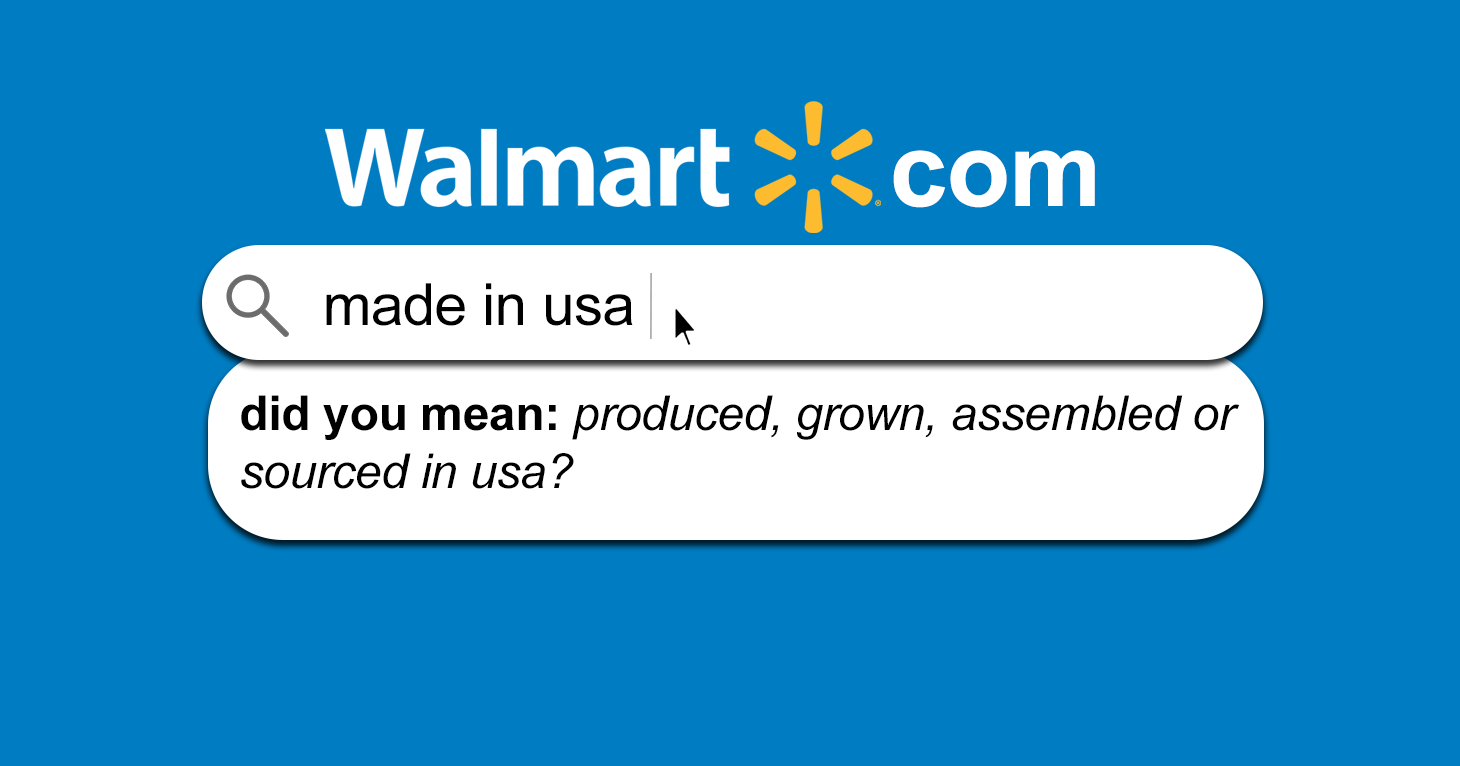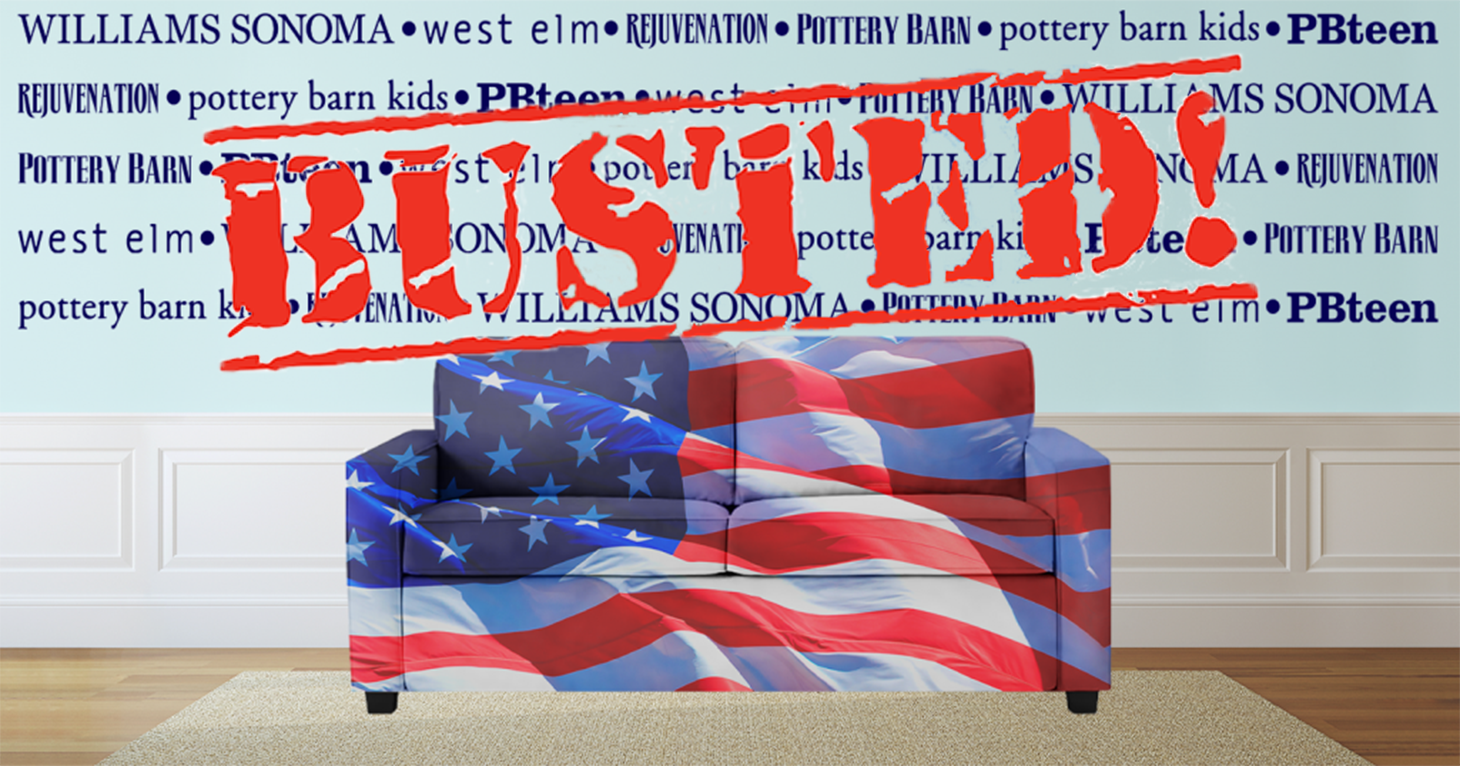Ad Watchdog TINA.org Files FTC Complaint
MADISON, CONN. January 23, 2018 – Despite a national advertising campaign showcasing patriotic imagery, highlighting its Boston headquarters, and heavily promoting its “Made in Boston” heritage, ad watchdog truthinadvertising.org (TINA.org) found that Gillette actually only makes a couple of its blades in the U.S.
The rest of Gillette’s blades and razors, among dozens of other products purchased and examined by TINA.org, are either wholly or partially made in foreign countries, according to origin information on product packaging. Even the blades that Gillette makes in Boston include handles that are made in Poland and Mexico.
The FTC’s Made in USA standard calls for items marketed with an unqualified Made in USA claim to be “all or virtually all” made here. Anything less and the product or product line cannot legally bear the claim, be it expressed (e.g., “Made in Boston”) or implied (i.e., through the use of U.S. symbols and geographical references to U.S. locations).
Gillette — the market leader in blades and razors whose parent company, Procter & Gamble, spent more than $7 billion on advertising in 2017 — aired these problematic television ads that center on its Boston factory over 2,000 times nationally in December 2017. The corresponding video posted in April 2017 on the company’s official YouTube page has more than 500,000 views.
“Patriotism is an incredibly effective marketing tool because many consumers are drawn to U.S.-made products,” said TINA.org Executive Director Bonnie Patten. “Because patriotism sells, if Gillette is permitted to proceed with its false and deceptive Made in the USA marketing campaign, not only will consumers who prefer American-made products continue to be misled, honest companies that follow the law will also lose out.”
TINA.org has reported this violation of Made in USA standards to the Federal Trade Commission (FTC) and is urging the agency to take action.
The consumer watchdog has investigated and taken action on deceptive Made in USA claims made by a number of companies including Walmart, Almay, and Target.


